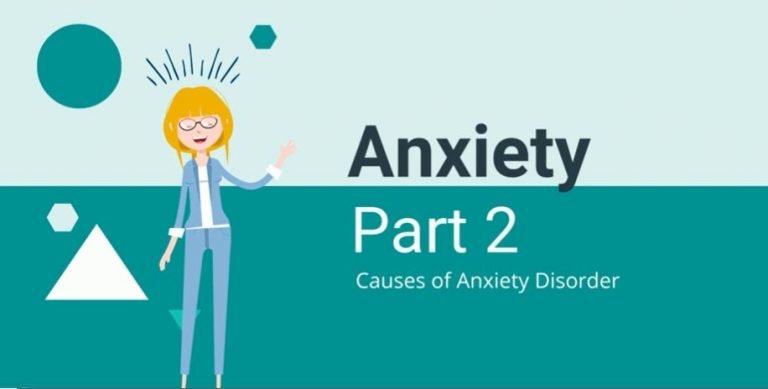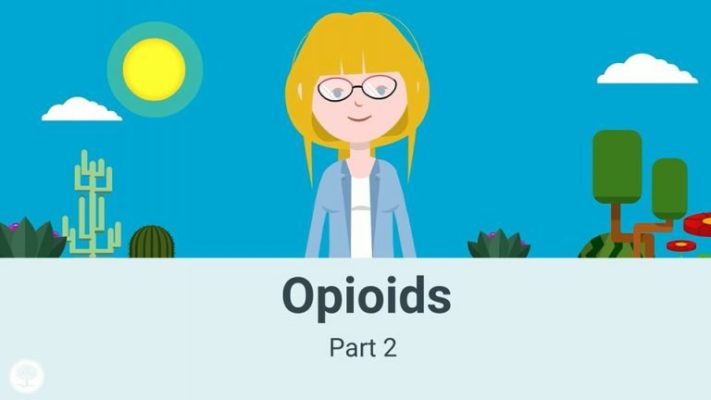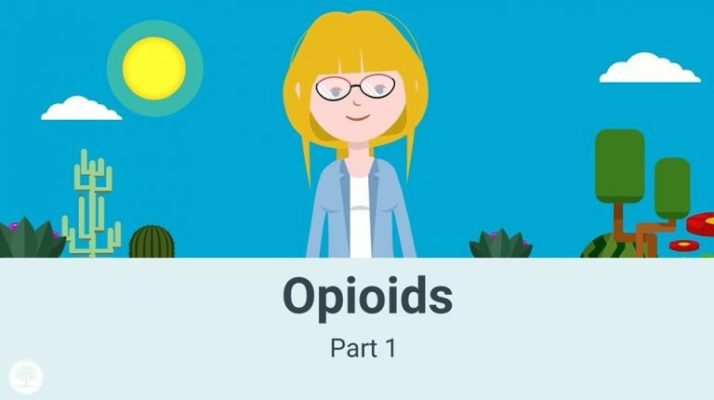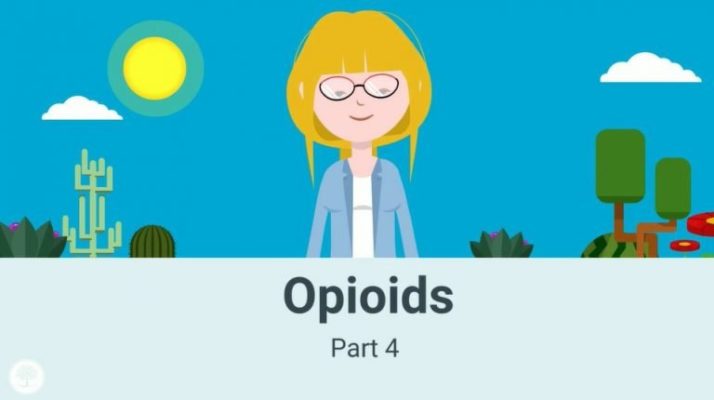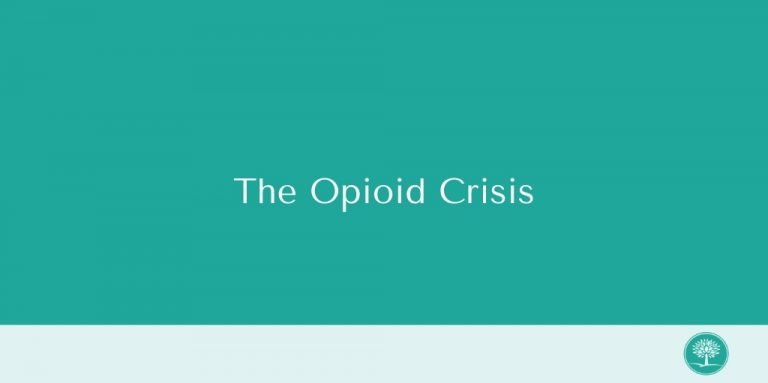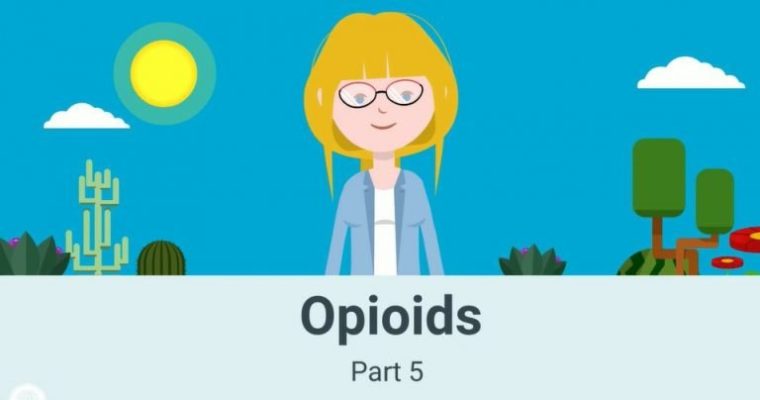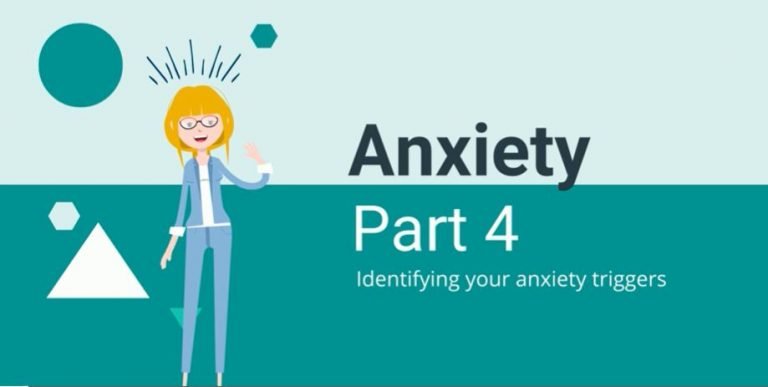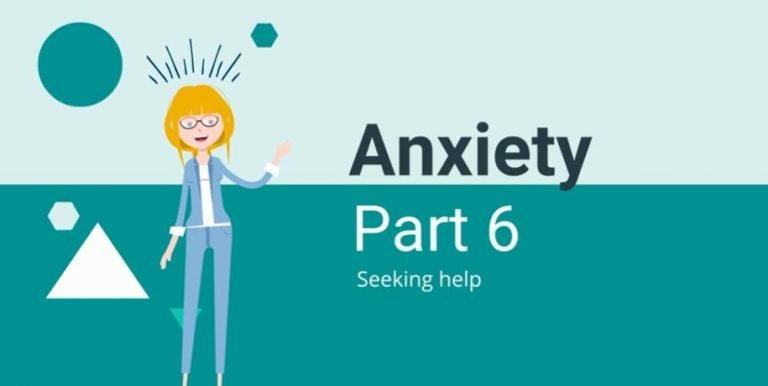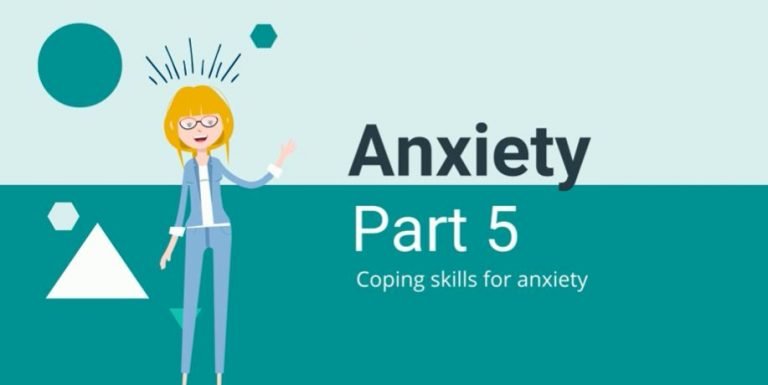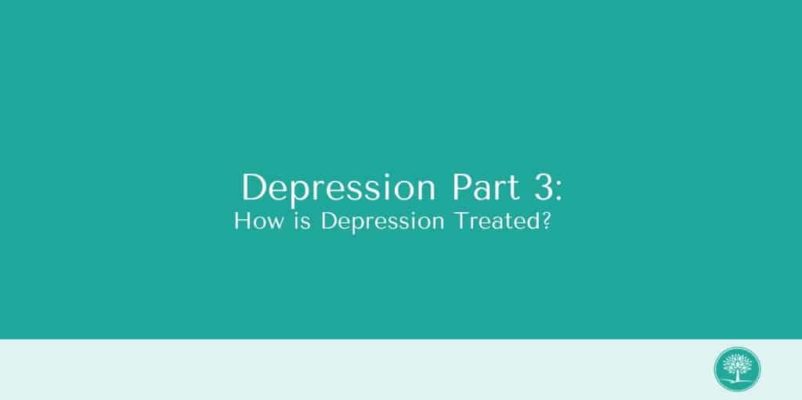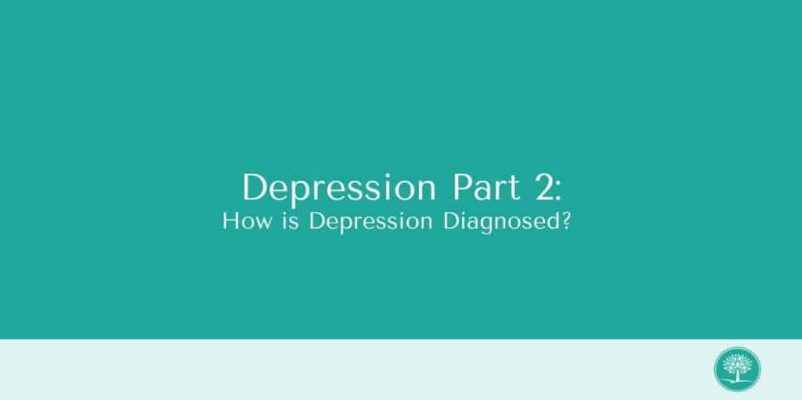Doctors and researchers haven’t identified one specific reason why some people have anxiety, but they do believe there are some underlying risk factors.
Videos Resources for Addiction, Recovery and Mental Health
To provide a full spectrum of resources for those living with addiction or mental health conditions and their loved ones, The Recovery Village created several video series about addiction, co-occurring disorders and recovery.
When you use opioids they affect your physical functions and health profoundly. These effects can be mild, such as drowsiness, or they can lead to a fatal overdose.
Opioids are a class of drugs that can lead to both dependence and addiction. Understanding the difference and the signs of both can be an important part of getting help.
There are certain risk factors for opioid use disorder. Understanding these risk factors can be an important part of recovery.
The opioid epidemic is continuing to spread. Dealing with the epidemic relies on truly understanding the effects these drugs have on the brain.
Opioid use has tremendous ripple effects throughout your life. They can affect your health, relationships, family life, career and finances.
Individuals being treated for opioid addiction and dependence often go through withdrawal. Medication-assisted treatment can alleviate some withdrawal symptoms.
For many people with anxiety, their triggers are hidden and must be discovered. A journal can help you look at different situations and how they make you feel.
If anxiety is interfering with your daily life, you might seek treatment from a medical professional, counselor or therapist.
Coping skills are your toolbox for anxiety, and they need to be individualized to fit into your life and work with your personality and circumstances.
Depression is a complex but treatable mental disorder. The right treatment approach can dramatically improve your quality of life.
Depression is a diagnosable mental health condition, and there are different types. It’s important to speak with a qualified health care professional if you have symptoms.
